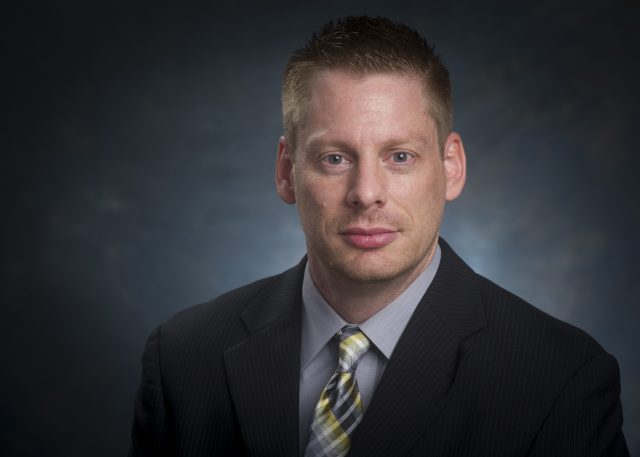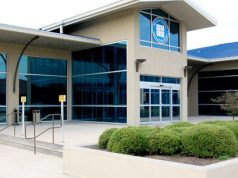By Ryan Michaels
The Birmingham Times
“There’s an old saying, ‘It’s not the years in your life, it’s the life in your years’…Most of the times when we’re talking to older adults,” said Thomas Buford, Ph.D, an associate professor in the UAB School of Medicine’s Division of Gerontology, Geriatrics & Palliative Care.
In an interview with The Birmingham Times, Buford said the vast majority of seniors want to “age successfully” which includes being independent.
“Remaining independent is commonly one of the things we kind of consider in [successful aging], and that means being able to able to still live in your own home without going into assisted living,” Buford said. “For many older adults, that remains an important priority . . . the ability to walk . . . [the ability] to cook for themselves.”
Still, “successful aging” is left up to each individual, with independence being one of the most important, in Buford’s opinion.
As for what seniors can do to improve their lives, Buford said it’s important to stay physically active, keep your brain engaged, have a sense of purpose and a social network.
Buford stressed the importance of socialization. “As humans, we’re social beings, and so, it’s important to maintain and take that through later life,” he said. “You don’t all of a sudden become an older adult and totally change your needs.”
While conducting research on exercise among seniors, Buford said that social bonds are what kept people engaged.
“Oftentimes, say, if we are offering exercise intervention, a lot of people would be interested in doing that from a standpoint of being healthier…but what we see is that what really keeps them engaged with other participants in the study or other people is that they meet in their age group, and can really form a connection with,” said Buford, director of the UAB Center for Exercise Medicine (UCEM).
Some steps toward quality of life may not be available for many seniors, he said. For instance, easy access to exercise outlets is a common barrier
“For certain people, during certain times of the year, in Alabama, being outside, if you’ve got sidewalks in your neighborhood, that’s a great option. Many people don’t have that,” he said.
Some of the difficulties have been heightened recently by the COVID-19 pandemic, Buford said.
“We’ve seen, [through] COVID, how health disparities have consistently been exacerbated with COVID…If you have the means to buy a bike, take Peloton, for instance, you have the means to do that and set it up in your home” for exercise, Buford said. “You may have a different outcome than someone who just doesn’t have that means and it’s really a struggle.”
Buford also said medical professionals should focus more on prevention of chronic disease like diabetes if they are to actually improve the outcomes for older adults.
“Many of the things we tend to focus on from a biomedical perspective, are disease treatment, pharmacology, what drugs can you prescribe, how can we treat this versus utilizing prevention,” Buford said. “We know if we utilize prevention more during the younger life and mid-life stages, we will have significantly healthier later life experiences.”
Updated at 9:58 a.m. on 9/2/2021 to correct Dr. Buford’s title.
Click one of the links below to read related stories.
Meet the Birmingham Residents — all 100 or Older — Who Inspire
The Tireless Work of Jefferson County’s Area Agency on Aging





